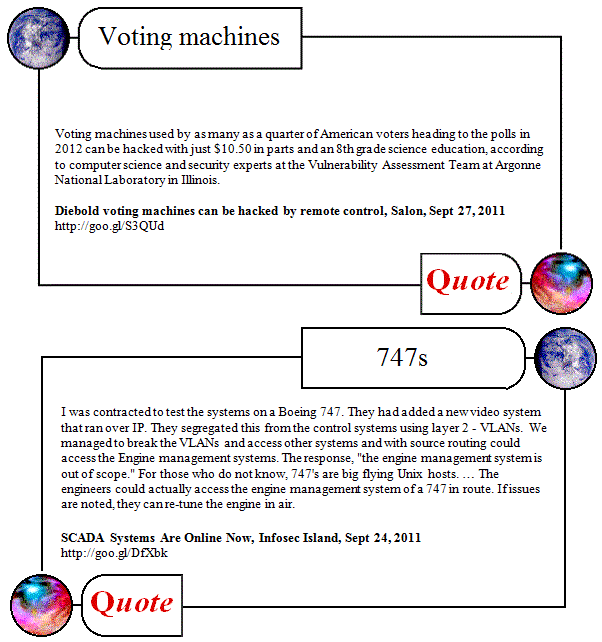James C. Bennett, author of The Anglosphere Challenge (Rowman & Littlefield, 2004), and Michael J. Lotus (who blogs at Chicagoboyz.net as “Lexington Green”), are proud to announce the signing of a contract with Encounter Books of New York to publish their forthcoming book America 3.0.
America 3.0 gives readers the real historical foundations of our liberty, free enterprise, and family life. Based on a new understanding of our past, and on little known modern scholarship, America 3.0 offers long-term strategies to restore and strengthen American liberty, prosperity and security in the years ahead.
America 3.0 shows that our country was founded as a decentralized federation of communities, dominated by landowner-farmers, and based on a unique type of Anglo-American nuclear family. This was America 1.0, as the Founders established it. The Industrial Revolution brought progress, opportunity and undreamed-of mobility. But, it also pushed the majority of American families into a new, urban, industrial life along with millions of unassimilated immigrants. After the Civil War, new problems of public health, crime, public order, and labor unrest, on top of the issues of Reconstruction, taxed the old Constitution. Americans looked for new solutions to new problems, giving rise to Progressivism, the ancestor of modern liberalism.
America 3.0 shows that liberal-progressive solutions to the challenges of America 2.0 relieved some problems, and kicked others down the road. But they also led to an overly powerful state and to an overly intrusive bureaucracy. This was the beginning of America 2.0, the America we grew up with, which dominated the Twentieth Century.
America 3.0 argues that the liberal-progressive or “Blue State” social model has reached its natural limits. Even as it continues to try to expand, it is now dying out before our eyes. We are now living in the closing years of the 20th Century “legacy state.” Even so, it has taken the shock of the current Great Recession to make people see the need for change. As a result, more and more Americans are calling for a return to our founding principles. Freedom and individualism are on the rise after a century-long detour.
America 3.0 shows that our current problems can be and must be transcended with a transition to a new America 3.0, based on modern technology, decentralized communities, and self-reliant families, and a reassertion of fiscal responsibility, Constitutionally limited government and free market economics. Ironically the future America 3.0 will in many ways be closer to the original vision of the Founders than the fading America 2.0.
America 3.0 gives readers an accurate, and hopeful, assessment of our current crisis. It also spotlights the powerful forces arrayed in opposition to the needed reform. These groups include ideological leftists in media and the academy, politically connected businesses, and the public employees unions. However, as powerful as these groups are, they have become vulnerable as the external conditions change. A correct understanding of our history and culture, which America 3.0 provides, shows their opposition will be futile. The new, pro-freedom, mass political movement, which is aligned with the true needs and desires of Americans, is going to succeed.
America 3.0 provides readers a program of specific “maximalist” proposals to reform our government and liberate our economy. America 3.0 shows readers that these reforms are consistent with our fundamental culture, and with our Constitution, and will make Americans freer and more prosperous in the years ahead.
America 3.0 provides a “software upgrade” for the Tea Party and for all activists on the Conservative and Libertarian Right. It provides readers with historical evidence and intellectual coherence, to channel the energy and enthusiasm of the rising mass political movement to renew America.
America 3.0 shows that our capacity for regeneration is greater than most people realize. Predictions of our doom are deeply mistaken. We are now living just before the dawn of America’s greatest days. Within a generation, positive changes beyond what we can currently imagine will have taken place. That is the America 3.0 we are going to build together.
(Cross-posted from the America 3.0 blog.)

